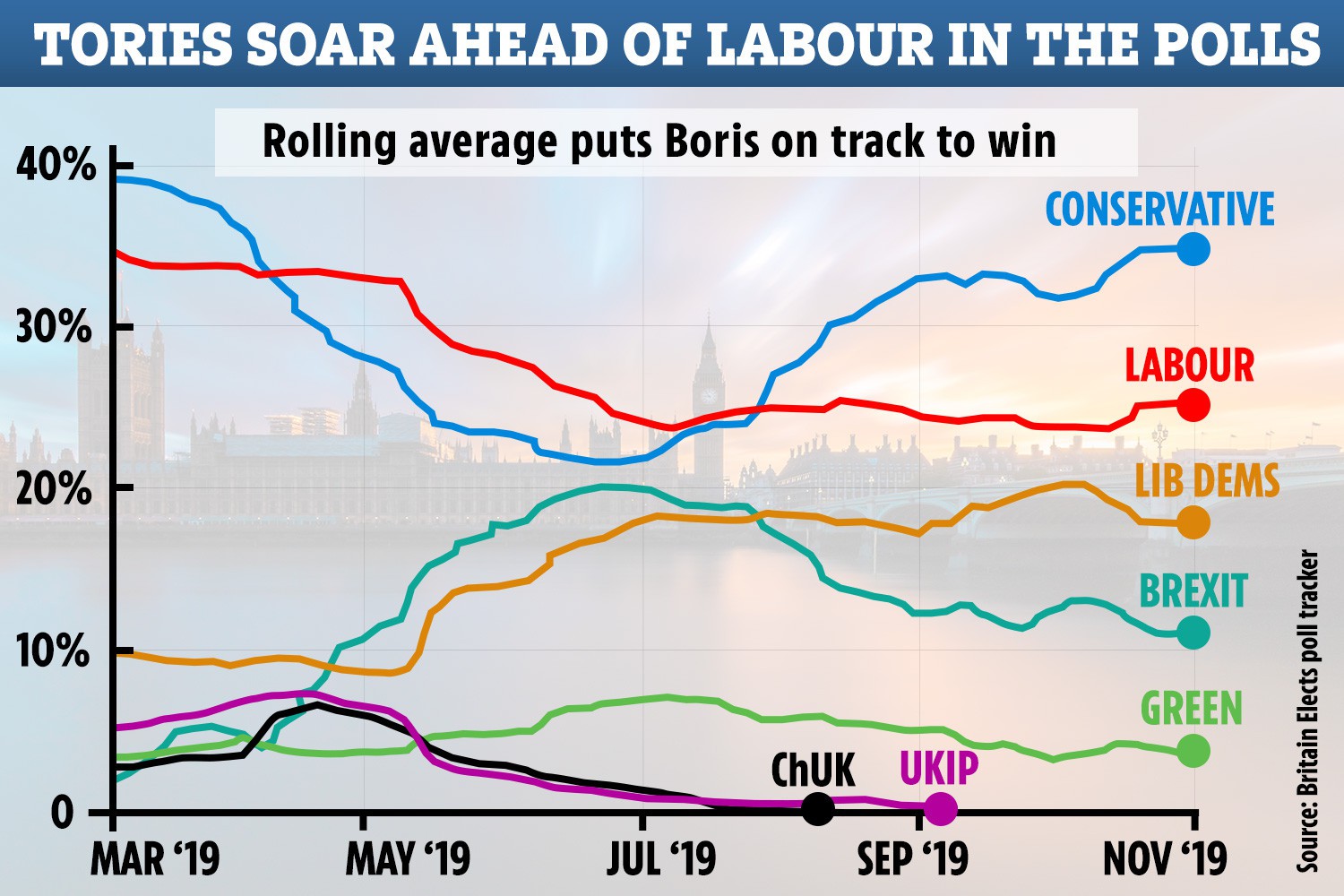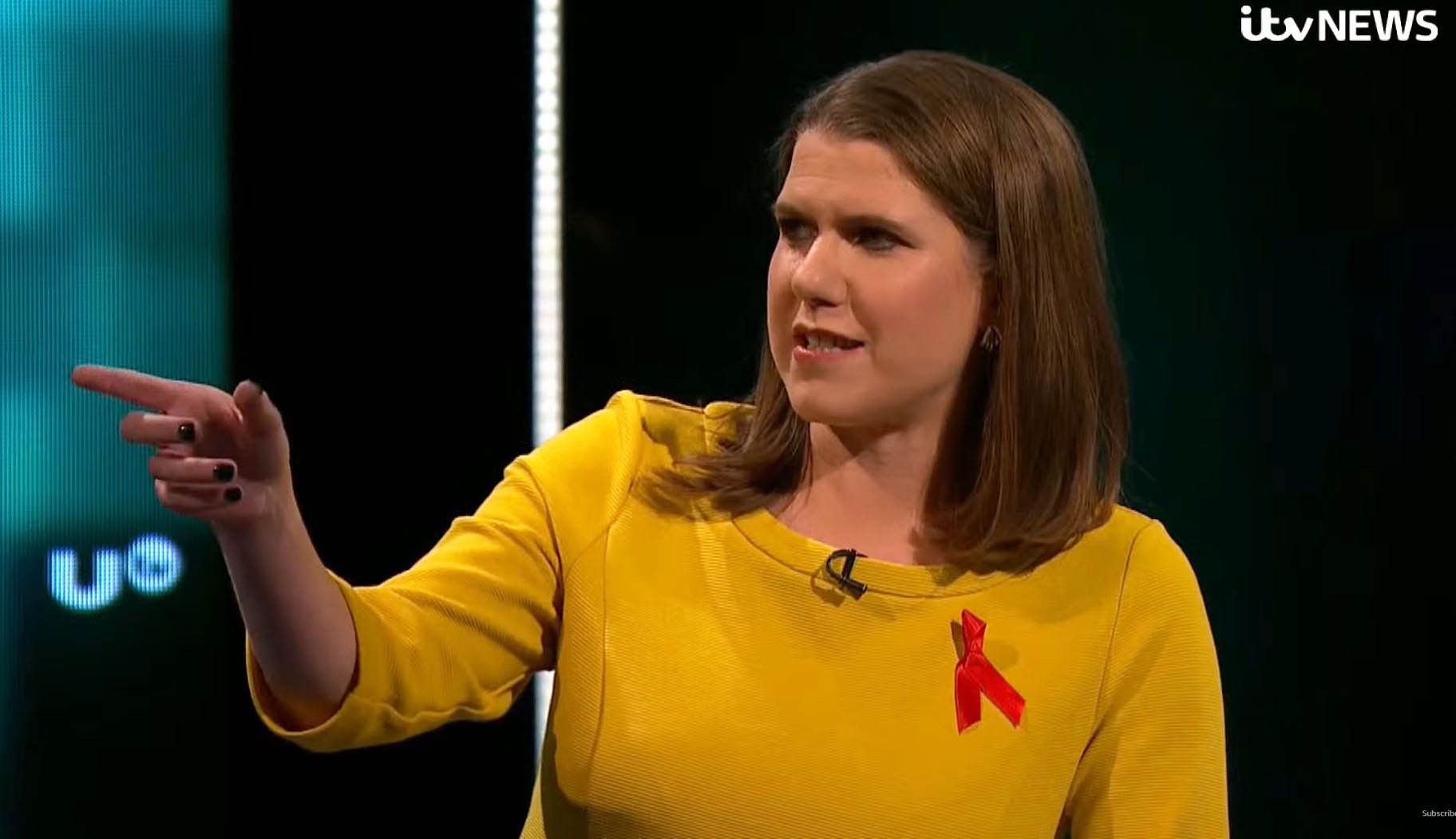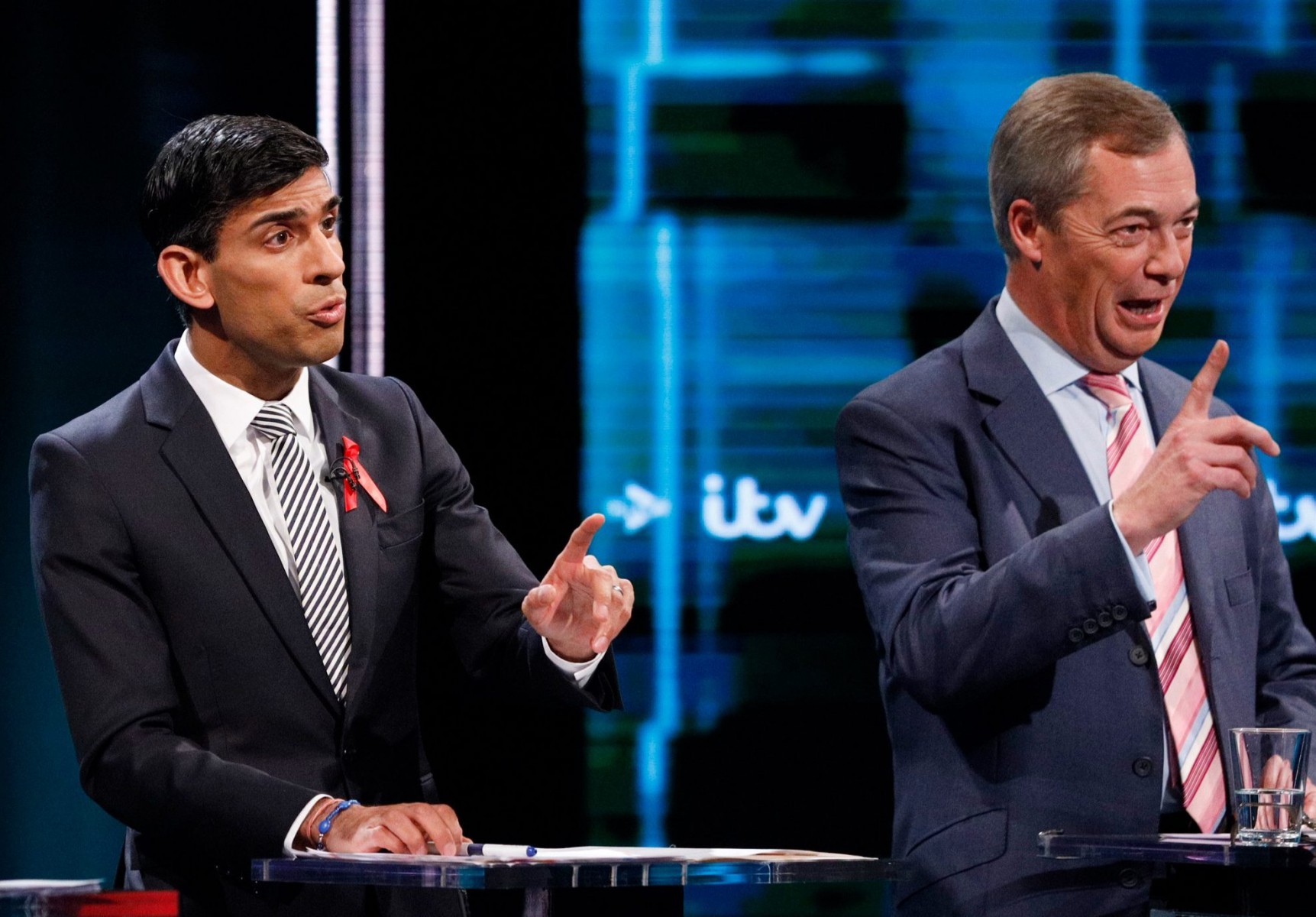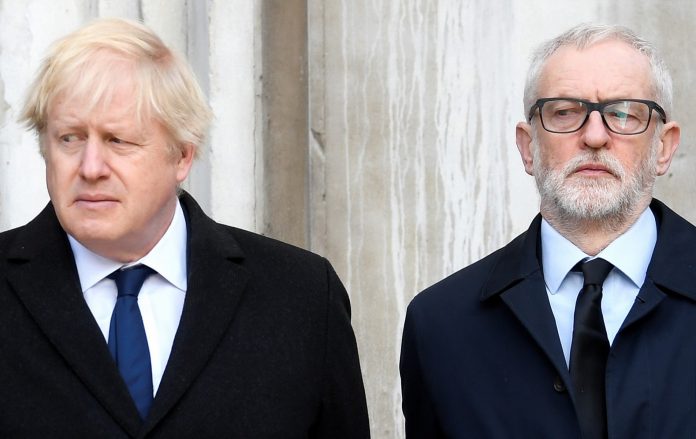DECEMBER’S general election will be here before we know it, with less than a week to go.
But who will be the next person in Number 10? Or will Boris remain? Here’s what the bookies and the latest polls say.
Who will win the General Election?
We’re counting down the days to when Brits take to the polls, so who’s got the edge so far?
The latest Savantar ComRes poll taken between December 2-3 showed a Conservative 10 point lead

Savanta ComRes’s poll has the Tories on 42 per cent, Labour on 32 per cent, the Liberal Democrats on 12 per cent and the Brexit Party on just 3 per cent.
The company’s survey shows both Labour and the Conservatives one point down from their last poll at the end of November.
The Conservatives are desperate not to see a repeat of the 2017 election, when they shed support towards the end of the campaign.
But the picture is predictably complicated.

Among young voters aged 18-29, 42 per cent put environment in their top 3 issues, compared to 27 per cent of all Brits.
Across all ages, Britain leaving the EU is seen as the most important election issue.
This is seen as a priority issue by 55 per cent of 18-29 year-olds, which rises to 75 per cent among those aged 70 and older.
In November we revealed over 30,000 voters in 50 key constituencies will decide our next PM and the fate of Brexit.
If Boris Johnson is to triumph he needs 25 marginal Labour and Lib Dem seats to swing his way.
The magic number of voters Boris needs to back him in the 50 key constituencies is 32,195.
When is the General Election and why are we having one?
On October 29, MPs approved the PM’s call for an election to be held on December 12.
It was Mr Johnson’s fourth attempt to have Parliament agree to an election after the Labour Party blocked the vote three times.
Parliament shut down from November 6.
When this happens every seat in the House of Commons becomes vacant with those wishing to remain as MPs having to stand in the forthcoming election.

The UK can leave before that date if Mr Johnson’s deal is passed in Parliament.
The Prime Ministerhad vowed to push for an election if the EU granted a three-month extension for hisBrexitbill.
Mr Johnson sent a letter to the EUrequesting a delay until January 31 after he was compelled to do so whenthe Benn Act was passed MPs on October 19.
On October 28, the EU granted the UK’s requestfor a “flextension” until January 31, 2020.








